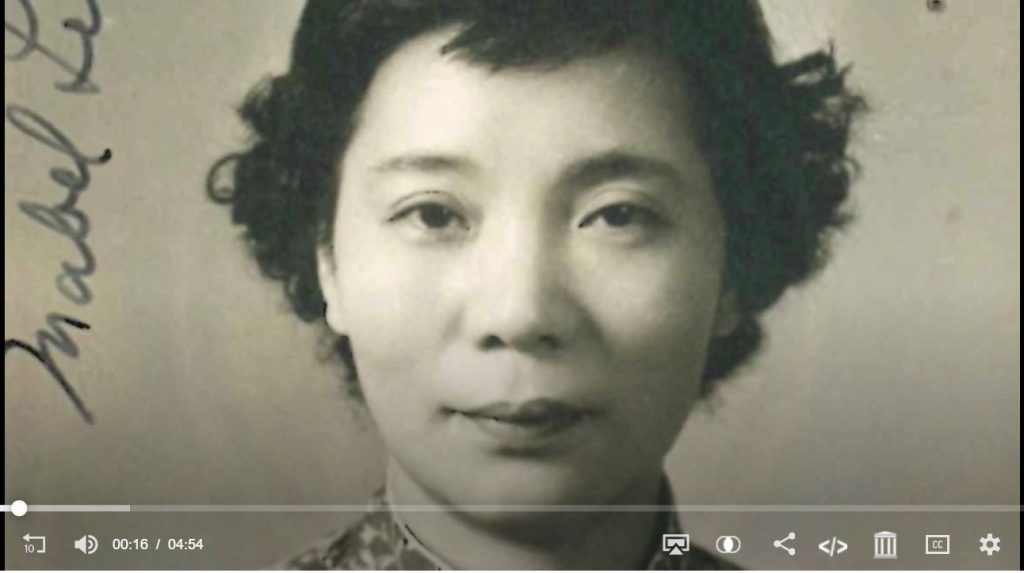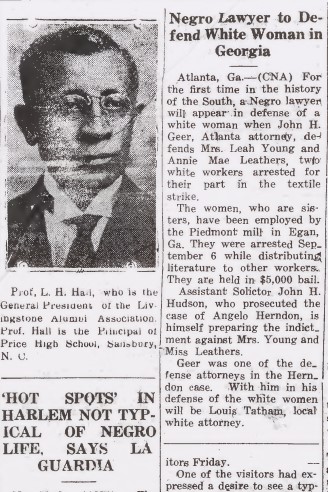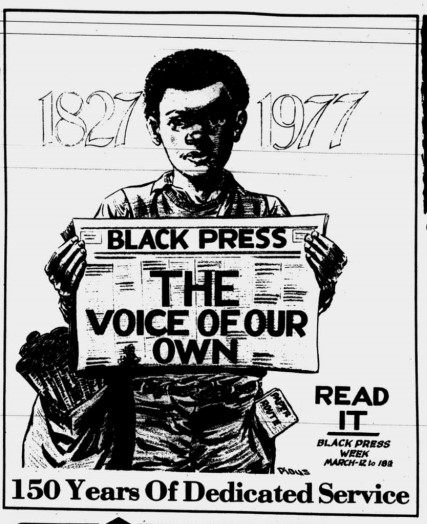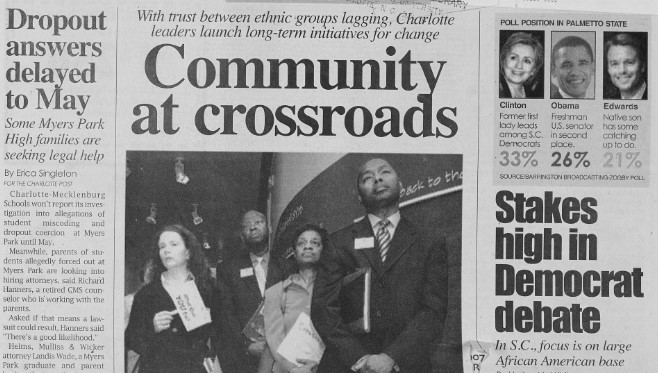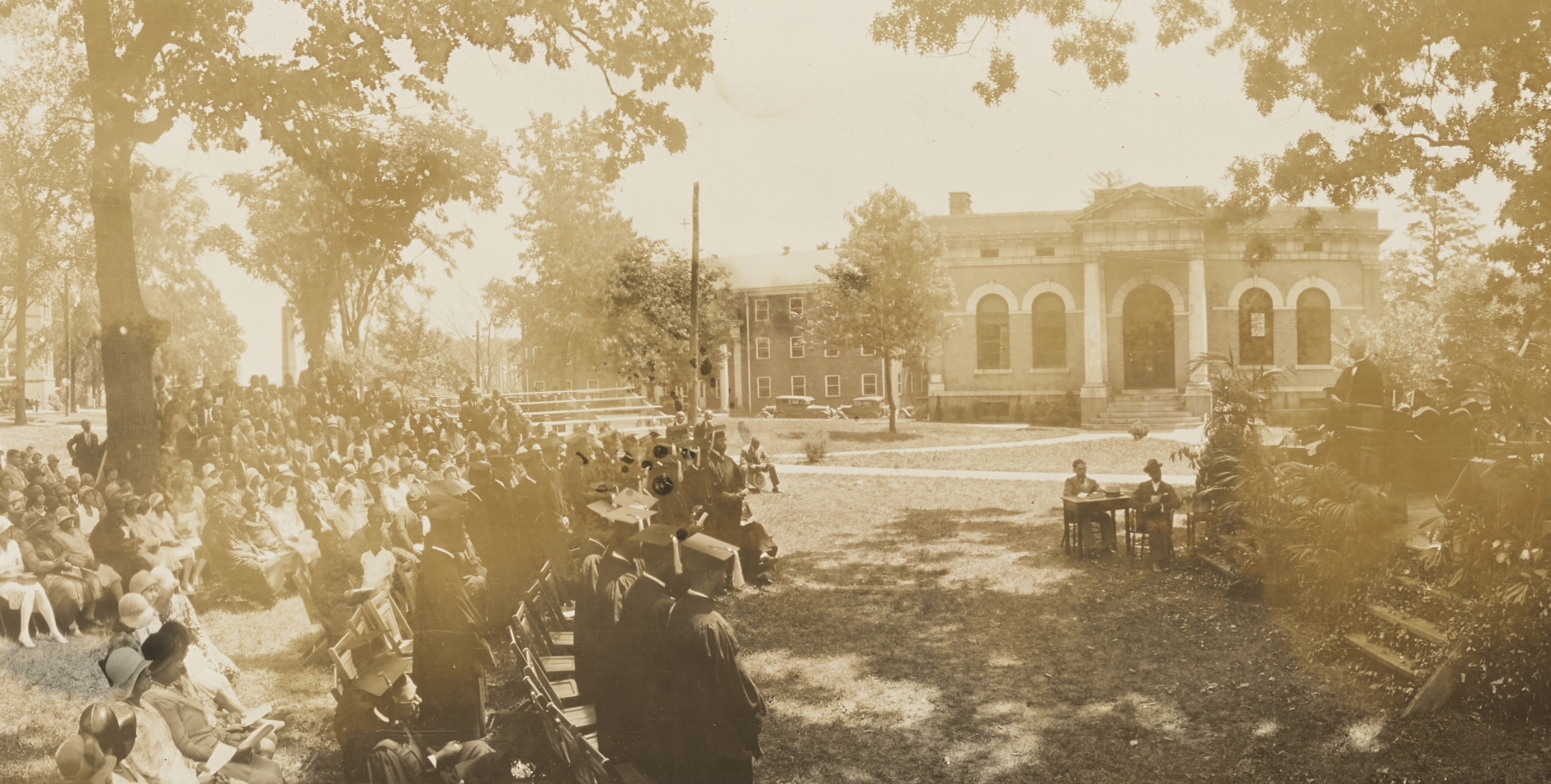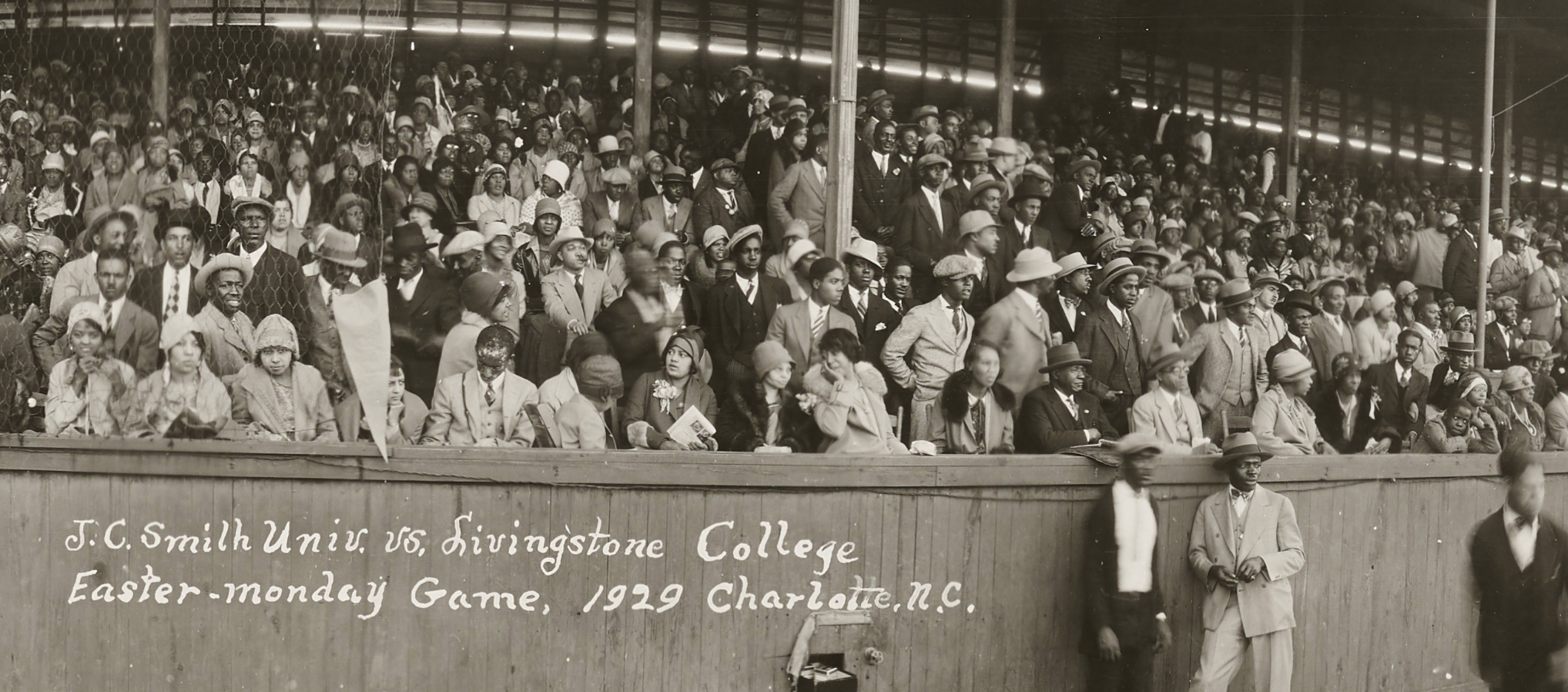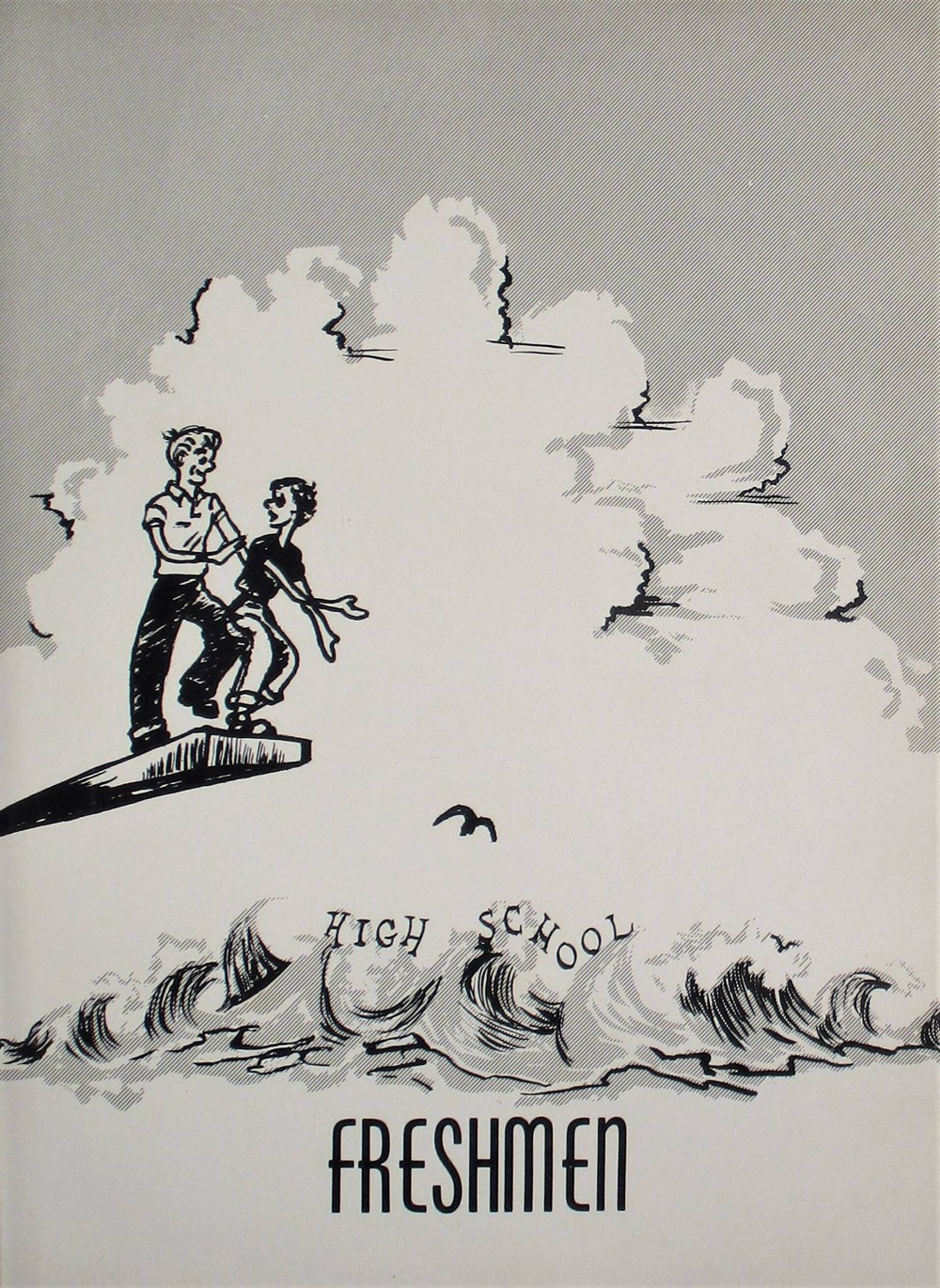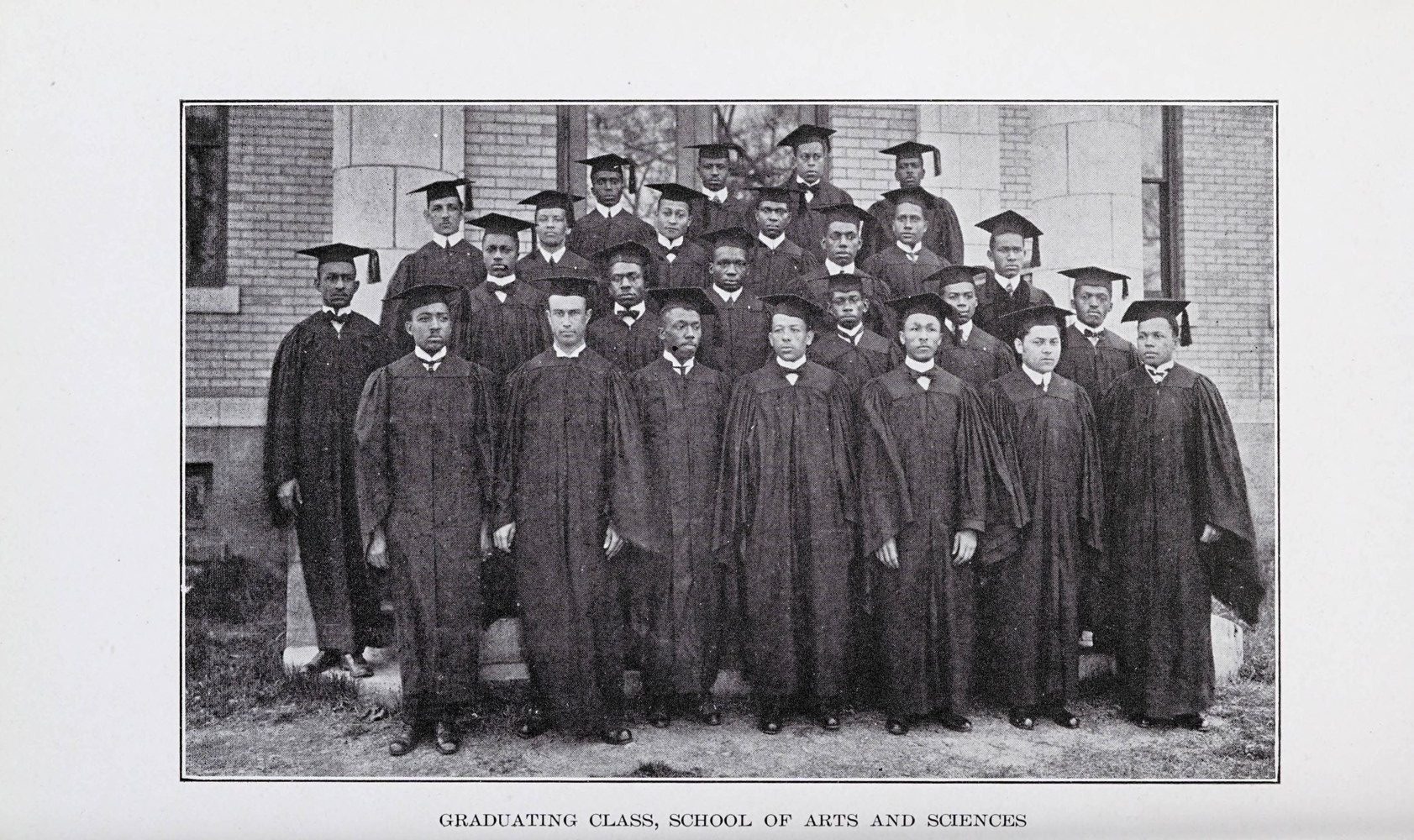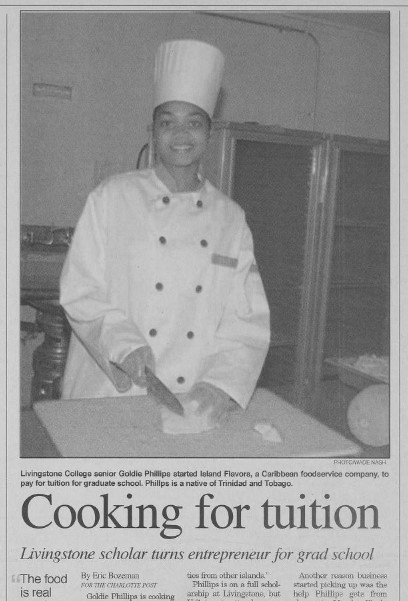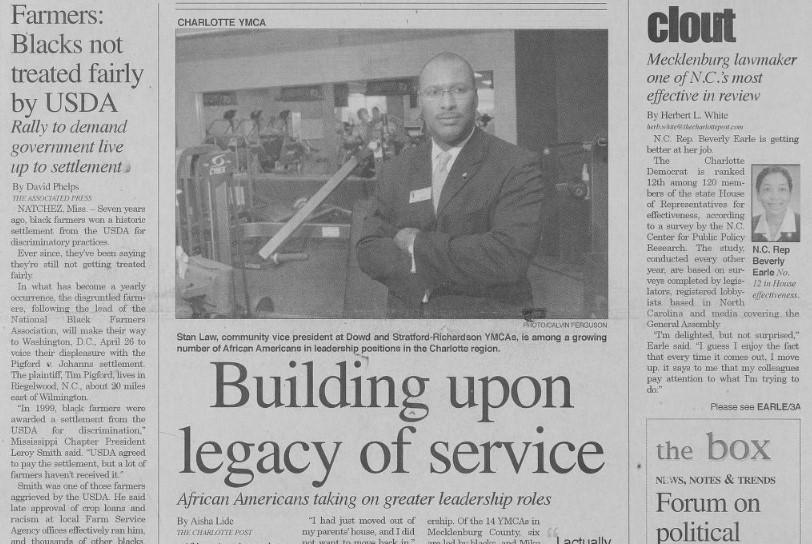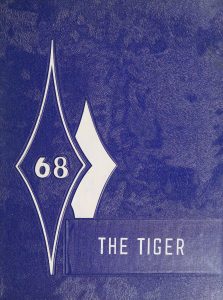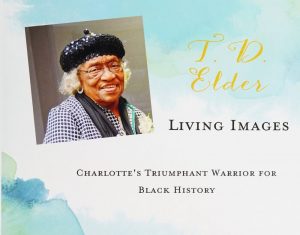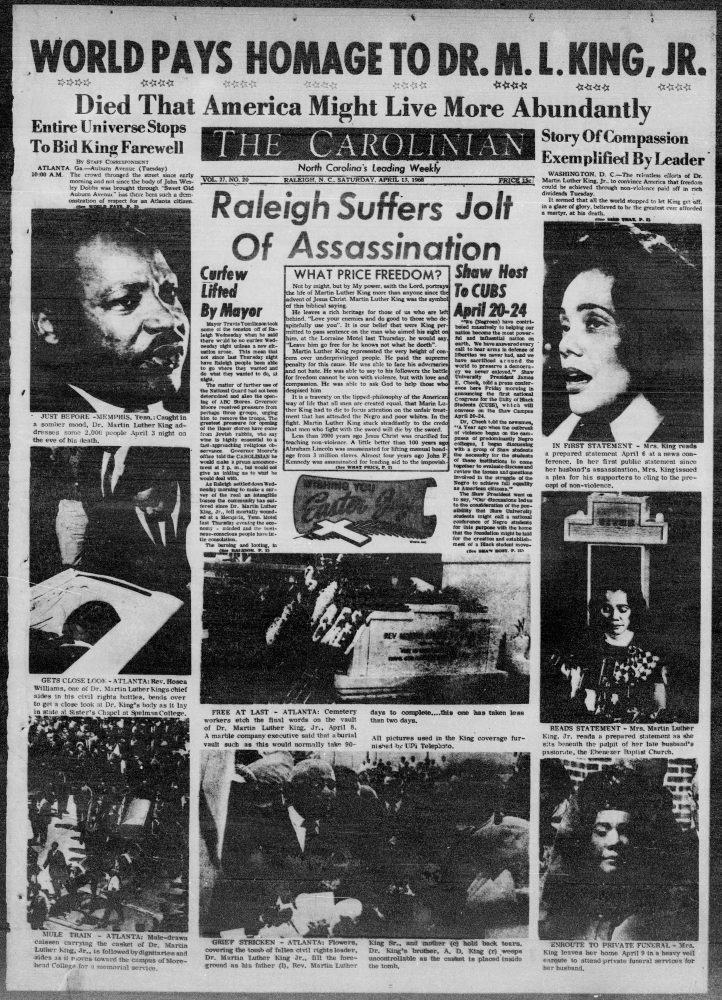We love being sent or just stumbling upon, projects on the web that utilize materials digitized through the North Carolina Digital Heritage Center. We thought since they have done such a great job highlighting us, it’d only be fair to turn around and highlight a few we’ve found recently.
Today’s featured website is “Black Wide-Awake” which highlights “documents of historical and genealogical interest to researchers of Wilson County, North Carolina’s African American past.”
The site, written by Lisa Henderson and with posts dating back to 2015, utilizes a wide variety of digitized historical resources to document everything from African-American schools in the Wilson area, wills, correspondence, and newspaper articles related to the enslaved people in Wilson County, to official records including marriage, birth, and death records from the Black community.
Some of the DigitalNC resources that are featured on Black Wide-Awake include many of the photographs and other materials from the Oliver Nestus Freeman Round House Museum’s collection.
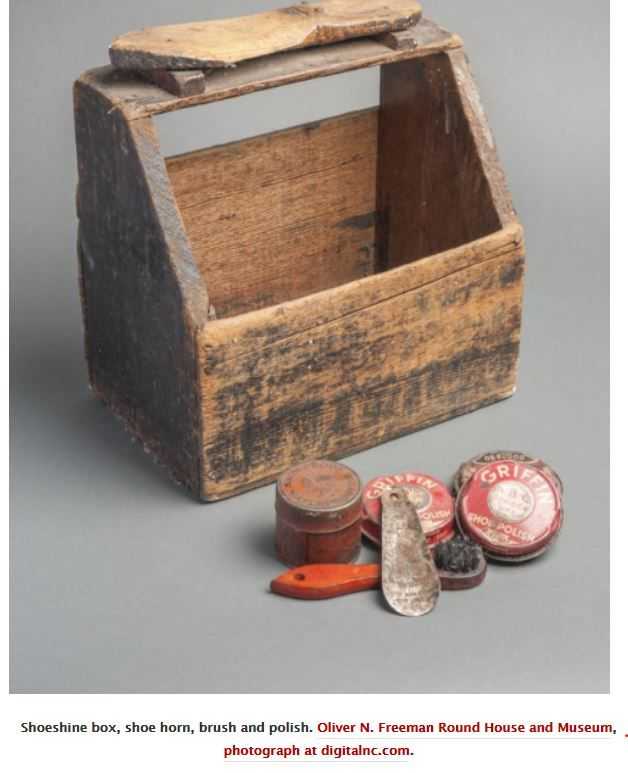
Shoe shine kit from the Oliver Nestus Freeman collection, featured in this post on Black Wide Awake.
Wilson City Directories
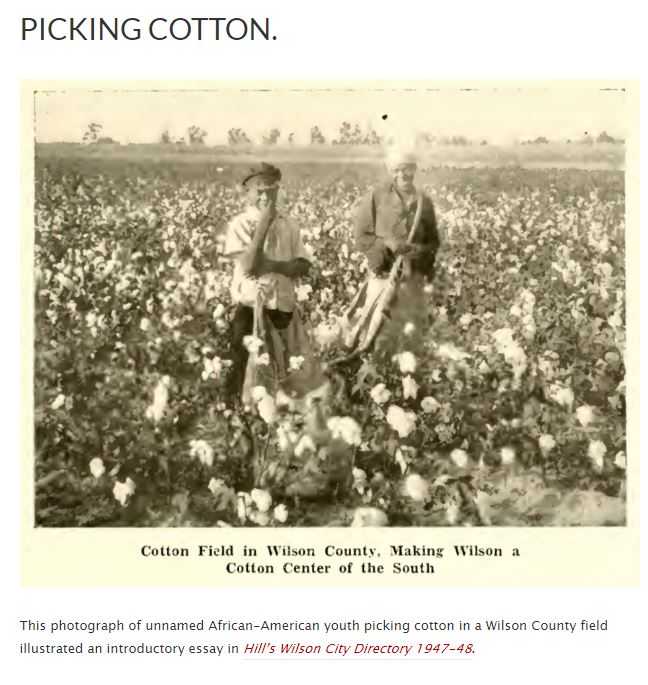
Photograph from the 1947-1948 Wilson City Directory, featured in this post on Black Wide Awake.
Yearbooks from Darden High School, made possible by our partner Wilson County Public Library
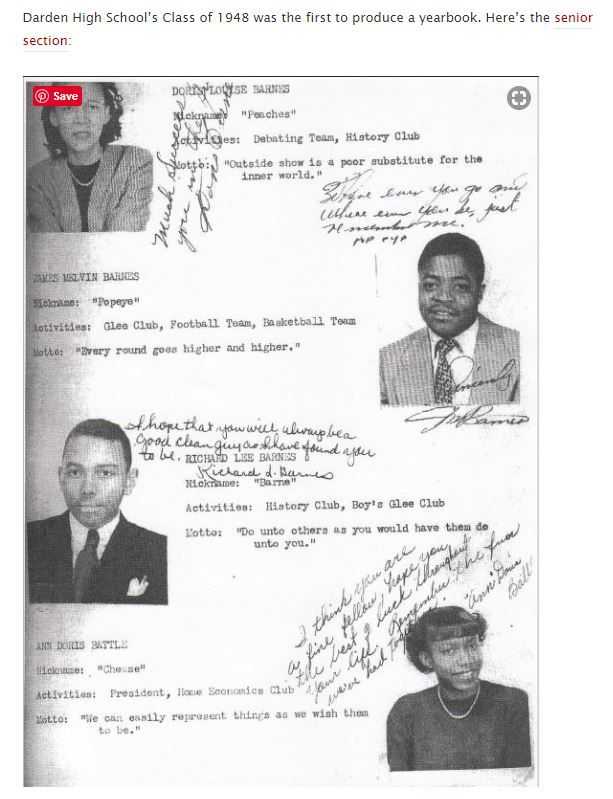
Senior page from the 1948 Charles H. Darden High School yearbook, the first yearbook from the school, featured in this post on the website.
Many newspaper article clippings from DigitalNC are also included. A post discussing the white supremacist views held and pushed by editor of the Wilson Advance, Josephus Daniels, is a recent post that connects directly to the current commentary going on regarding Black Lives Matter and reassessing how we look at our history.
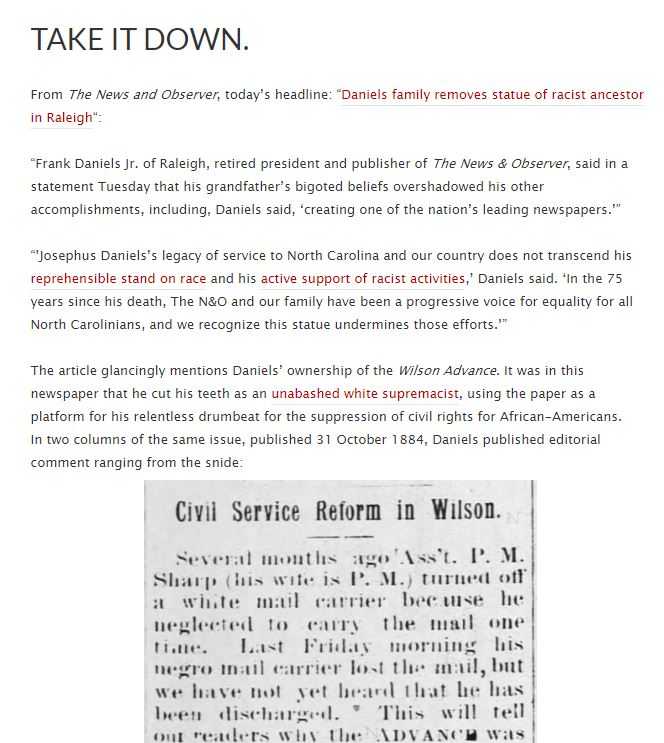
Post on Black Wide Awake pointing out the racist statements the editor and publisher of the Wilson Advance, Josephus Daniels, made regularly in a call to take down any statue or other dedication marker to him in North Carolina.
The work done on this website is a fascinating look into how resources on DigitalNC can really help illuminate a North Carolina community’s past. Thanks for using us Ms. Henderson! We encourage anyone with an interest in genealogy and local history, particularly for the Black community in North Carolina, to visit the site.
If you have a particular project or know of one that has utilized materials from DigitalNC, we’d love to hear about it! Contact us via email or in the comments below and we’ll check out. To see past highlighted projects, visit past posts here.

